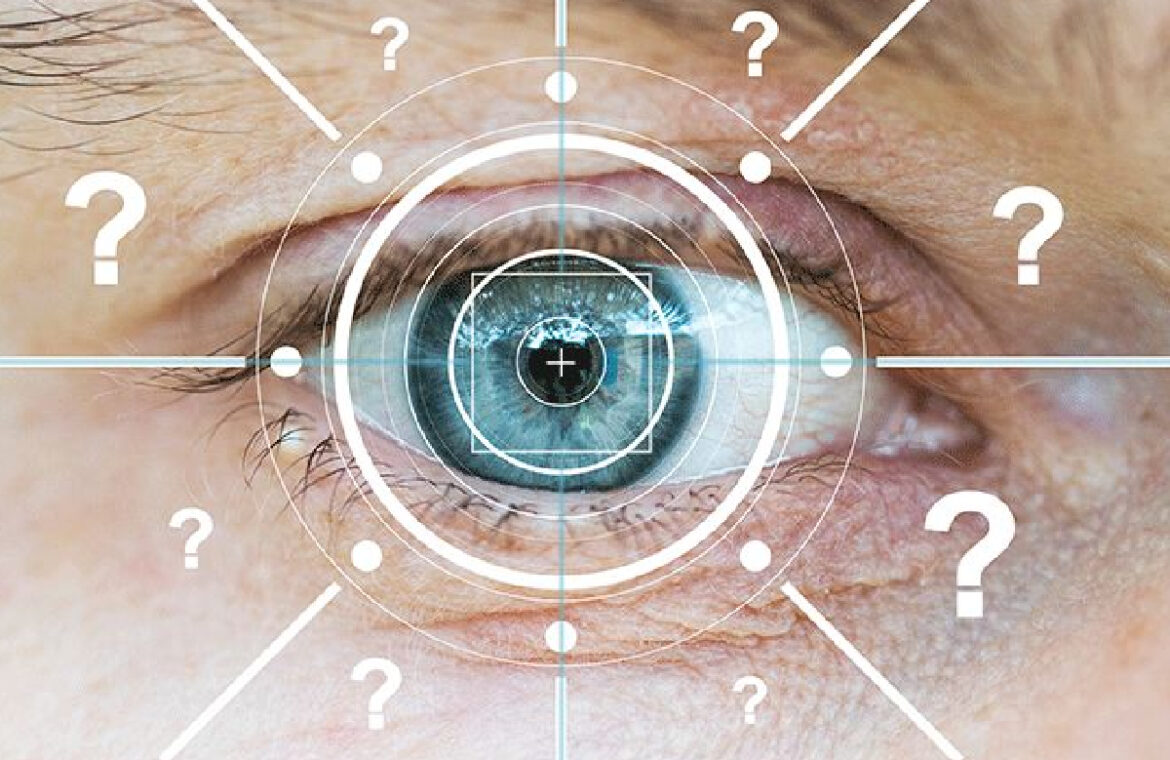The Future of Eye Care: Emerging Trends in Ophthalmology
In the dynamic field of eye care, change is not just a constant; it is the driving force propelling the industry toward a future where innovation and technology play pivotal roles. Ophthalmologists and optometrists are gearing up for transformative shifts in their practices, patient care approaches, and business strategies. This blog explores the emerging trends that are set to reshape the landscape of ophthalmology, ensuring a vibrant and promising future for eye care professionals.
The Rise of Artificial Intelligence (AI):
One of the most significant trends poised to revolutionize ophthalmology is the integration of Artificial Intelligence (AI). AI technologies are gaining popularity for their applications in screening, diagnosing, and treating various eye conditions. Devices utilizing AI can detect conditions such as diabetic retinopathy by analyzing retinal images, providing a rapid and accurate screening tool. AI excels in image recognition, enabling the differentiation between normal and abnormal images, thereby aiding in early diagnosis and intervention.
Moreover, AI-based software holds the potential to recognize early signs of conditions like macular degeneration. With efficient image assessment capabilities, AI can significantly speed up the diagnostic process, assisting ophthalmologists in detecting and treating macular degeneration at an early stage. The technology also proves valuable in mapping and measuring disease progression by processing large sets of information and multiple eye scans swiftly.
Bionic Eye Implants:
A groundbreaking development in the quest to restore eyesight is the advent of bionic eye implants. Comparable to how cochlear implants revolutionized auditory disabilities, bionic eye implants aim to address visual impairments. These implants work within existing eye structures or directly in the brain, comprising components like the cornea, pupil, lens, retina, iris, and optical nerve. Unlike prosthetic eyes, bionic eyes focus on achieving functional vision goals, making them a disruptive technology in the realm of eye care.
Synthetic Cornea Implants:
In the future of eye care, synthetic cornea implants hold promise for those with diseased or damaged corneas. These implants feature an optical component attached to a biocompatible material resembling the human extracellular matrix. This material not only provides physical structure but also offers biochemical signals, facilitating fusion with nearby native tissues. As an alternative to traditional corneal transplants, synthetic cornea implants could address the scarcity of corneas for transplantation, offering a hopeful solution for patients in need.
Increase in Use of Robotic Surgical Assistants:
Robotic surgical assistants are gaining prominence across various surgical specialties’, and ophthalmology is no exception. The integration of robotics into ophthalmic procedures marks a significant advancement, promising improvements in operative precision, range of motion, and dexterity in confined spaces. These robotic assistants may also filter out tremors and manipulate multiple tools simultaneously, enhancing the overall efficiency and outcomes of eye surgeries.
The future of eye care is marked by transformative trends that promise to elevate the practice of ophthalmology to new heights. From the revolutionary impact of Artificial Intelligence in diagnosis and screening to the development of bionic eye implants and synthetic cornea implants, the industry is on the brink of a paradigm shift. Robotic surgical assistants are set to redefine the standards of precision in eye surgeries. Ophthalmologists and optometrists embracing these emerging trends are not just adapting to change; they are actively shaping the future of eye care, ensuring a brighter and more innovative path ahead. As these technologies continue to evolve, the potential for enhanced patient outcomes and advancements in visual restoration remains a beacon for the future of ophthalmology.

